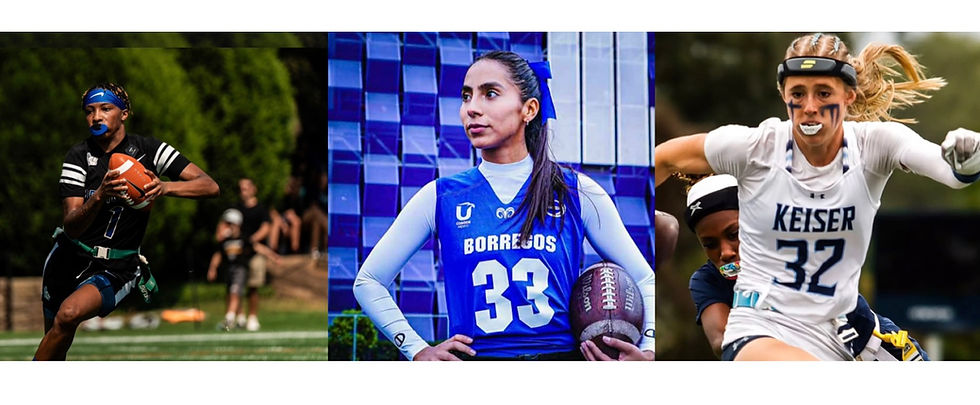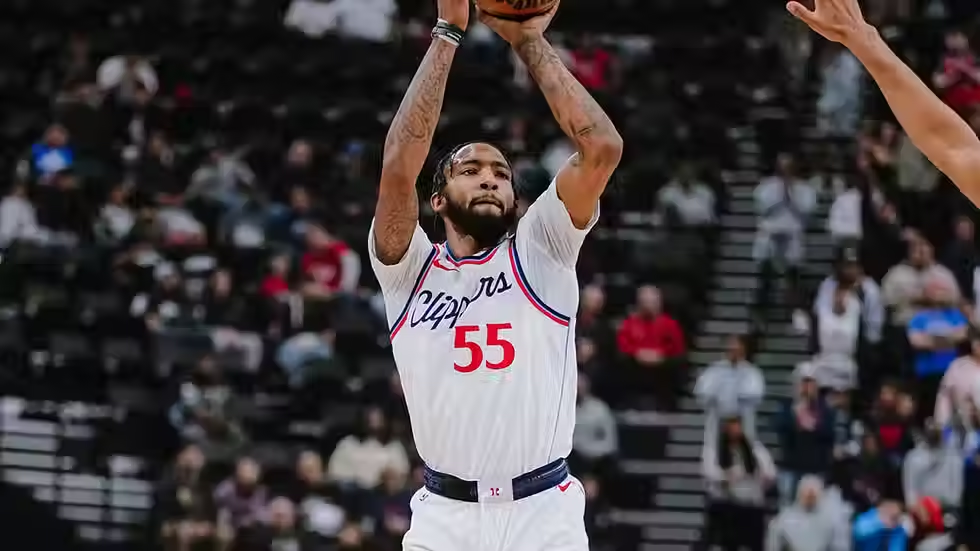IARP Panel Issues University of Memphis Decision
- Landis Barber
- Sep 28, 2022
- 3 min read

Over three years since the NCAA began investigating the University of Memphis men’s basketball team over former athlete and current Golden State Warrior James Wiseman’s eligibility, the Independent Accountability Resolution Process (IARP) Panel has determined that Memphis committed multiple Level II and III violations, avoiding significant sanctions. Additionally, the IARP panel cleared Head Coach and alumnus Penny Hardaway of any wrongdoing.
Hardaway’s Prior Interactions with Wiseman
Prior to being hired as the head coach at Memphis, former National Basketball Association (NBA) all-star Penny Hardaway became a representative of Memphis’ athletic interests when he donated $1 million to Memphis’ athletics department to construct a Sports Hall of Fame in 2008. Later, beginning in 2015 served as an assistant coach and later head coach at Memphis East High School and founded Team Penny, a team that participates on the Nike Elite Youth Basketball League Circuit (EYBL).
While he was in high school, former top recruit James Wiseman played for Team Penny and later transferred from a high school in Nashville to Memphis East High School. Hardaway coach Wiseman during his time at Memphis East.
To assist with Wiseman’s relocation from Nashville to Memphis, Hardaway made approximately $11,500 to Wiseman’s mother without Wiseman’s knowledge.
The IARP panel determined that the payment to Wiseman’s mother did not violate NCAA bylaws due to the benefit being generally available to other prospective students. Specifically, “[t]he record establishes the head coach’s long-standing commitment to providing financial assistance to many individuals, particularly youth, in the economically disadvantaged Memphis community, even prior to when he became a representative of Memphis’ athletic interests.”
Wiseman’s Eligibility
In October 2019, the NCAA Academic and Membership Affairs office issued an interpretation of NCAA bylaws, which found that Hardaway’s payments to Wiseman’s mother and other student-athletes constituted a violation of NCAA violations. On October 31, 2019, the NCAA enforcement staff notified Memphis that allowing Wiseman to compete may violate NCAA bylaws.
Memphis ignored the NCAA enforcement staff’s decision rather than following the NCAA’s processes for appealing the decision and opted to allow Wiseman to continue playing for three games. By failing to follow NCAA processes and ignoring the NCAA enforcement staff’s decision, the IARP panel found that “Memphis failed to meet its fundamental obligation pursuant to [NCAA] Bylaw 12.11.1 to withhold [Wiseman] from competition.” Arising out of the failure to withhold Wiseman from competition, the IARP panel found another violation when Memphis provided Wiseman with expenses when he participated in the subsequent contests. Thus, the IARP panel determined that Memphis’ conduct constituted a Level II violation.
Of note, by determining that disregarding NCAA bylaws on withholding athletes from competition merely constitutes a Level II violation (rather than a Level I violation), the possibility arises that universities may disregard the bylaw in the future.
Other Violations and Penalties
Other Level II violations included failing to monitor the activities of Coach Hardaway, failing to disclose and provide access to electronic devices, and failing to produce requested and relevant documents within the scheduled timelines.
Level III violations consisted of providing impermissible recruiting inducements by taking photographs of a prospective-student athlete in a Memphis jersey, posting a video of a prospective student-athlete to the team’s social media account, making an impermissible written offer of aid via text to a prospective student-athlete’s parent, and providing an impermissible free meal.
Penalties include a $5,000 fine, three years of probation, including certain requirements that Memphis must fulfill during the probationary period, public reprimand and censure, and vacation of the three wins Wiseman participated in after October 31, 2019.
End of IARP
With the University of Memphis decision, the IARP nearing its end. In August, the Division I Board of Directors decided to eliminate the IARP. The Board of Directors is aiming to accelerate the timelines for issuing infractions decisions. Notably, IARP decisions took years to reach resolutions, including the case of North Carolina State University (which lasted over two years) and the IARP panel did not render a final decision until after all players and coaches had left the university.
The IARP has four remaining cases prior to dissolving—the University of Kansas, the University of Louisville, the University of Arizona, and Louisiana State University. Outside of Kansas’ case, all other cases involve coaches that are no longer affiliated with the universities.
For Memphis, avoiding a postseason ban is a big win for the basketball team and university. For all other schools, the end of the IARP moves closer.
Landis Barber is an attorney at Safran Law Offices in Raleigh, North Carolina. You can connect with him via LinkedIn or via his blog offthecourtdocket.com. He can be reached on Twitter @Landisbarber.







EPS Machine EPS Cutting…
EPS Machine Eps Raw…
EPS Machine EPS Recycling…
EPS Machine EPS Mould;
EPS Machine EPS Block…
EPP Machine EPP Shape…
EPTU Machine ETPU Moulding…
EPS Machine Aging Silo…
EPTU Machine ETPU Moulding…
EPS Machine EPS and…
EPS Machine EPS and…
AEON MINING AEON MINING
AEON MINING AEON MINING
KSD Miner KSD Miner
KSD Miner KSD Miner
BCH Miner BCH Miner
BCH Miner BCH Miner
EPS Machine EPS Cutting…
EPS Machine Eps Raw…
EPS Machine EPS Recycling…
EPS Machine EPS Mould;
EPS Machine EPS Block…
EPP Machine EPP Shape…
EPTU Machine ETPU Moulding…
EPS Machine Aging Silo…
EPTU Machine ETPU Moulding…
EPS Machine EPS and…
EPS Machine EPS and…
AEON MINING AEON MINING
AEON MINING AEON MINING
KSD Miner KSD Miner
KSD Miner KSD Miner
BCH Miner BCH Miner
BCH Miner BCH Miner